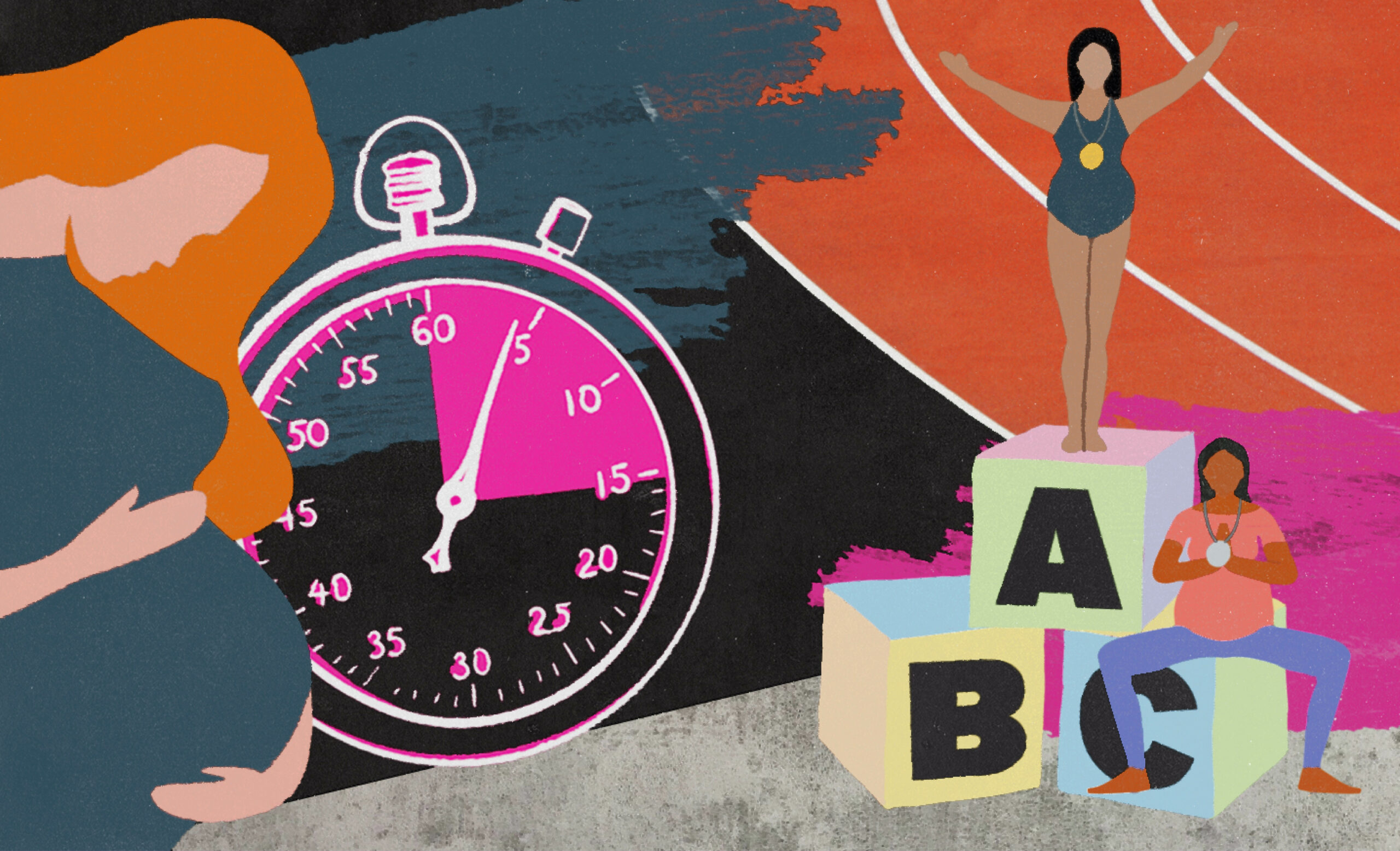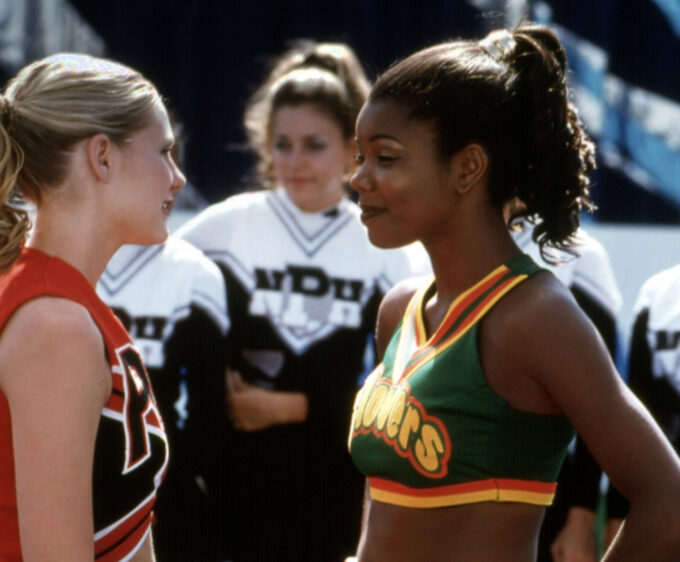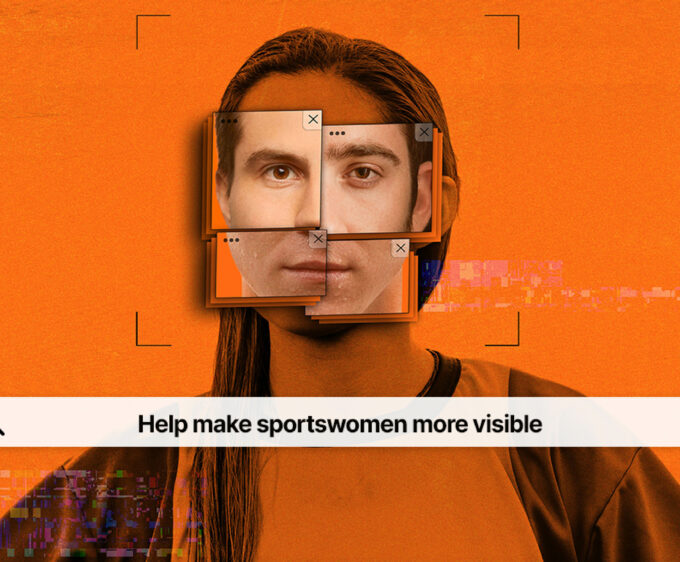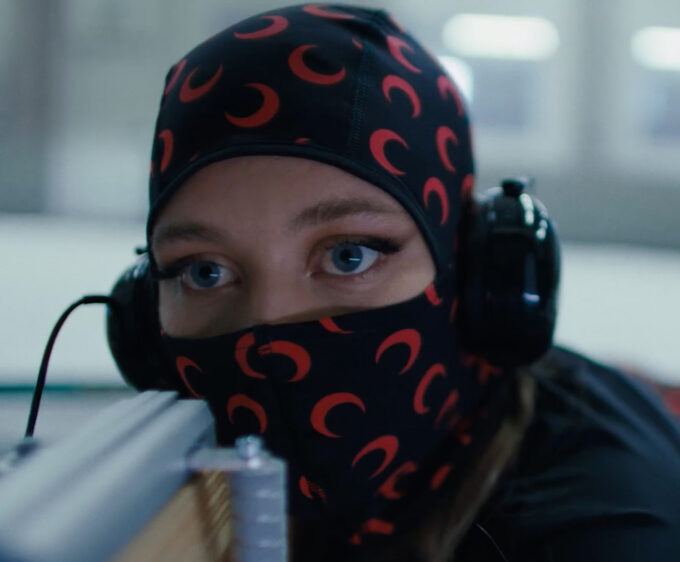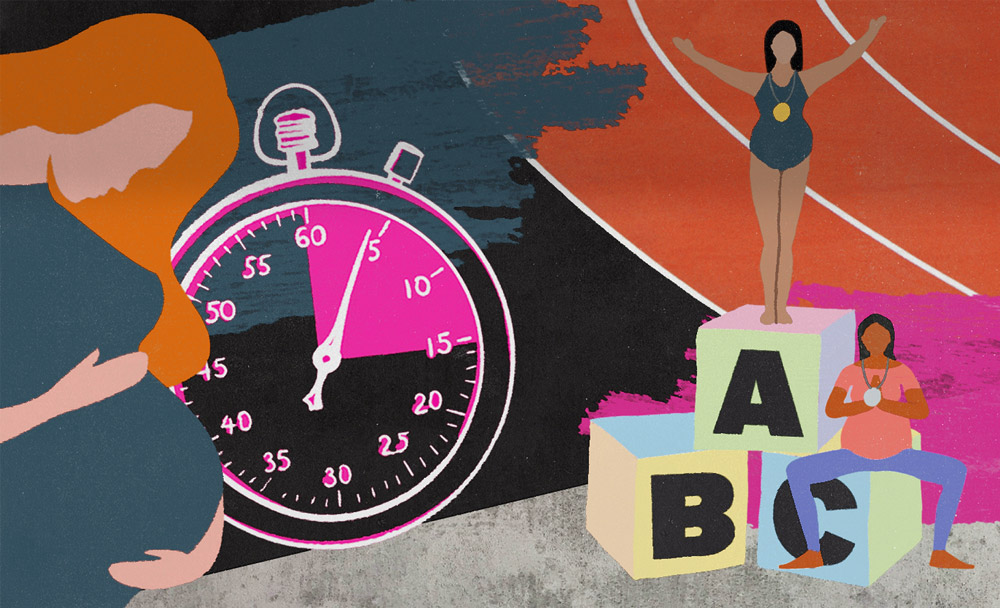
Family: The Fertility Expert
When is the right time to have a baby? Gain invaluable insights from Professor Geeta Nargund, a renowned fertility expert, as she sheds light on the challenges and choices that shape the journey of sportswomen in balancing their athletic ambitions with family planning
By Glorious
Illustration by Edie Paskin
In the world of professional sports, many women face a difficult choice: pursuing their athletic careers or starting a family. The sacrifices required for athletic excellence often lead sportswomen to postpone the dream of motherhood. To shed light on this intricate matter, we turn to Professor Geeta Nargund, Medical Director at CREATE Fertility and abc IVF, who offers invaluable insights into the complex relationship between fertility and athletic pursuits.
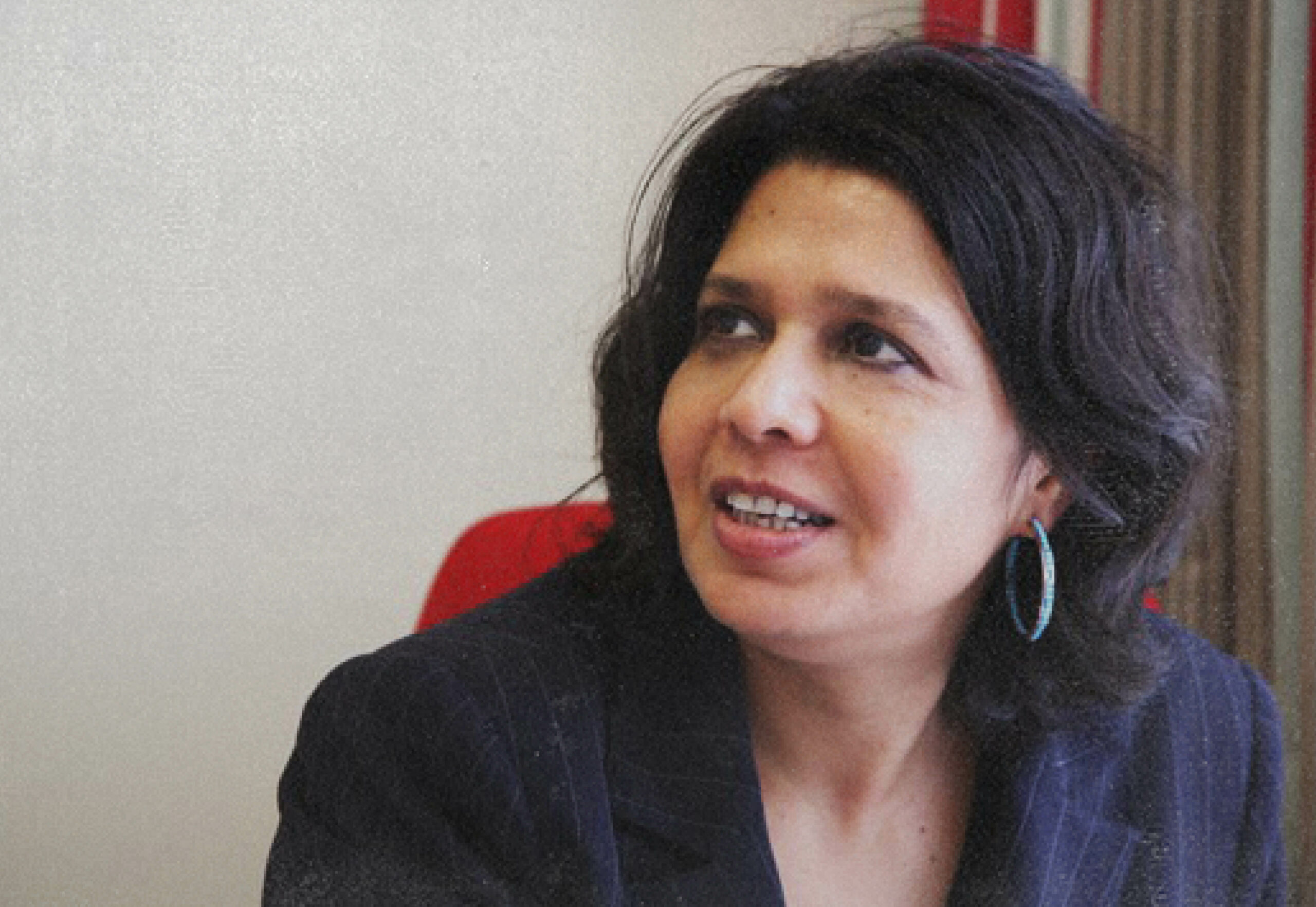
As a fertility doctor, Professor Nargund is frequently asked about the optimal timing for starting a family while considering a sporting career. She acknowledges that a woman’s natural fertility health typically begins to decline around the age of 35. However, she emphasises that each woman’s fertility journey is unique, underscoring the importance of consulting a fertility doctor to gain personalised advice based on individual circumstances. For sportswomen, in particular, understanding their natural fertility health and the factors that can impact it is crucial. She advises seeking medical guidance if experiencing irregular periods or weight-related issues to improve hormonal balance and natural fertility. Should the need to delay family planning arise, options such as egg freezing are available, but informed decisions should only be made after consulting a fertility expert.
One common question that arises is whether exercise should be continued or altered while trying to conceive. Professor Nargund stresses the importance of recognising that general health and fertility health go hand in hand, as women may not be fully aware that their lifestyle choices can significantly influence their chances of getting pregnant. Regular exercise and healthy eating are essential for overall well-being, including fertility health, however, extremes in exercise or maintaining low body-fat percentages or BMI can disrupt natural menstrual cycles and hormonal balance. While it is crucial to maintain some level of regular exercise while attempting to conceive, caution should be exercised to avoid any activities that may negatively impact the natural cycle.
Sport and excessive physical activities can affect women’s fertility at any age. Long-term careers in sports can have profound effects on a woman’s chances of getting pregnant and studies have revealed that excessive or extreme exercise and sustained calorie deficits can lead to hormone imbalances and, in some cases, the cessation of menstruation. Surprisingly, many professional athletes have mistakenly believed that the absence of periods enhanced their performance, however, this absence actually signifies an inadequate hormonal balance necessary for the body to carry out its essential functions, ultimately impacting fertility for many women, irrespective of their age.
Fortunately, menstrual cycles can restart, but it may take several months for them to return to normal. Women who notice that their periods do not resume after a few months should seek advice from medical professionals to address any concerns. However, for those sportswomen whose menstrual cycles remain unaffected by their athletic careers, they should be able to embark on natural conception when they feel ready.
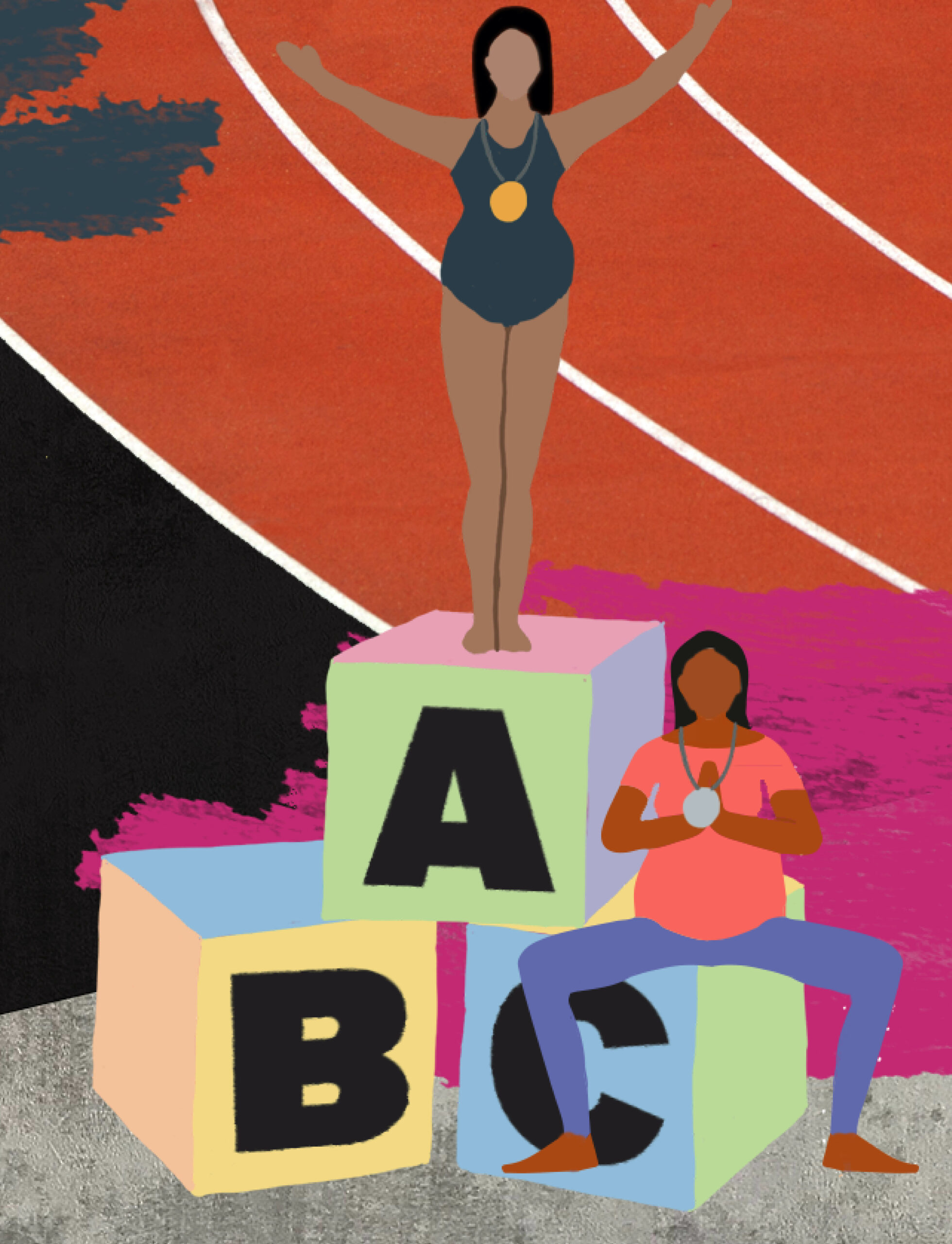
One method commonly considered by women in various fields, including sports, is egg freezing. However, the process involves hormone injections, which may not be feasible for sportswomen due to their training commitments. Professor Nargund emphasises the importance of early education, ensuring that women are aware of all the options available when considering fertility and family planning. Female athletes contemplating egg freezing or other fertility treatments should explore feasible options that align with their training schedules. If unable or unwilling to undergo treatment alongside training, taking a fertility test can provide reassurance about egg reserve and fertility health.
In the realm of sports, where dedication, passion, and sacrifice intertwine, the journey towards motherhood can be a complex one for sportswomen. While they often face challenges in starting a family due to their careers, understanding the impact of age, exercise, and hormonal balance is crucial for making informed decisions. Sportswomen should be aware of their natural fertility health and factors that can affect it, such as irregular periods or weight-related issues. By addressing these concerns and improving hormonal balance, they can optimise their chances of conception. For those needing to delay starting a family, options like egg freezing provide an opportunity to preserve fertility while pursuing athletic goals.
Opportunity
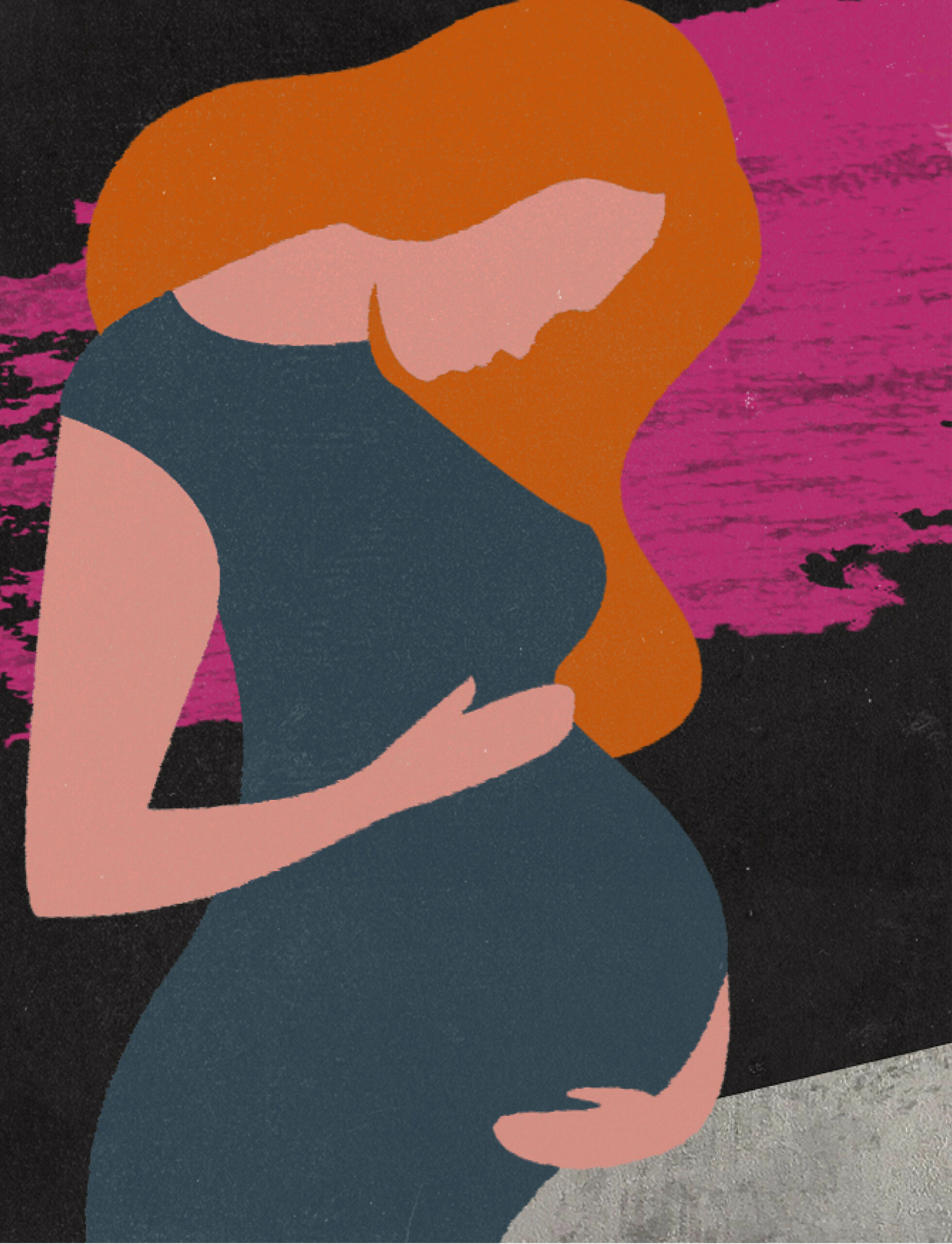
When it comes to exercise during the conception journey, it’s important to recognise the interconnectedness of general health and fertility health. Regular exercise and healthy eating are beneficial, but extremes should be avoided. Excessive exercise, low body-fat percentages, or BMI can disrupt natural menstrual cycles and hormonal balance. Finding a balance between staying active and preserving fertility health is essential.
In conclusion, the journey of sportswomen towards motherhood involves navigating the complexities of career aspirations, fertility health, and family planning. Professor Geeta Nargund’s expert insights highlight the need for individualised guidance and awareness. By understanding the impact of age, exercise, and hormonal balance, sportswomen can make empowered choices regarding their athletic careers and aspirations for starting a family. Education, early intervention, and regular communication with medical professionals play a vital role in supporting sportswomen on their unique paths to both athletic success and motherhood.
